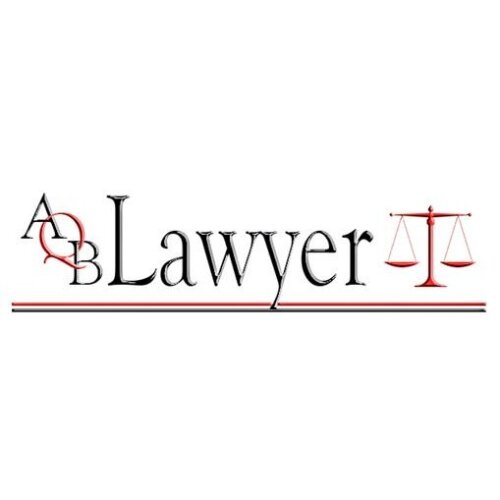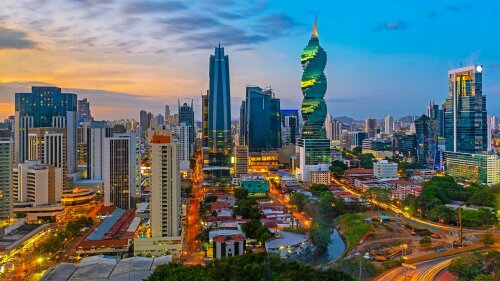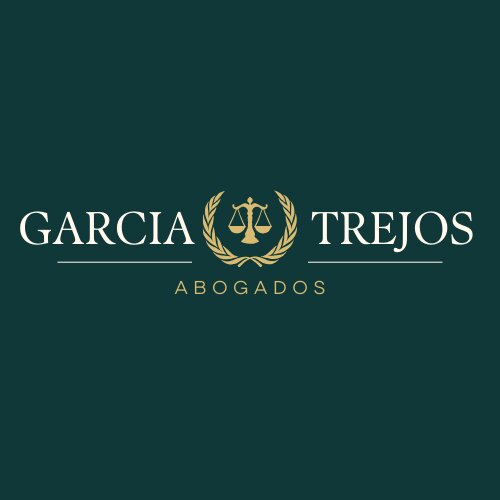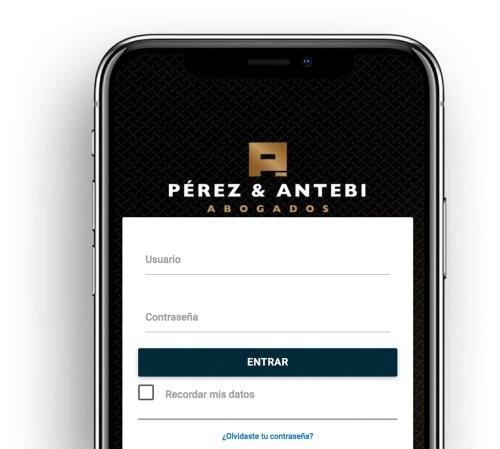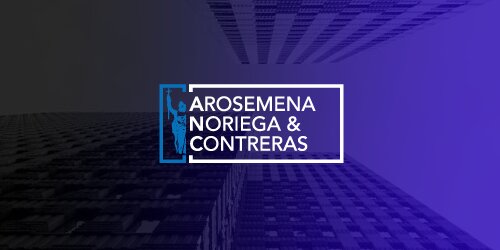Best Education Law Lawyers in Panama
Share your needs with us, get contacted by law firms.
Free. Takes 2 min.
Or refine your search by selecting a city:
List of the best lawyers in Panama
About Education Law in Panama
Education law in Panama encompasses a wide range of policies, regulations, and rules governing the structure, administration, and operation of the education system. It includes the rights and duties of students, teachers, and educational institutions. Primarily influenced by the National Education Law, this legal framework aims to ensure the provision of inclusive, equitable, and quality education for all Panamanians. The government plays a crucial role in regulating educational standards, curriculum design, teacher certification, and more, ensuring adherence to both national and international educational standards.
Why You May Need a Lawyer
Several scenarios could necessitate the expertise of an education lawyer in Panama:
- Disputes over Student Rights: If a student faces issues related to discrimination, disciplinary actions, or special education needs, legal intervention might be necessary to safeguard their rights.
- School Governance Conflicts: Schools may encounter legal challenges related to governance, administrative changes, or compliance with educational standards.
- Employment Issues: Teachers and staff may need legal assistance for contract disputes, unfair dismissals, or workplace harassment cases.
- Institutional Accreditation: Legal guidance might be required for educational institutions seeking accreditation or dealing with revocation of accreditation.
- Policy Implementation: Navigating legalities involved in implementing new educational policies or reforms may require professional legal counsel.
Local Laws Overview
The National Constitution and the National Education Law form the backbone of education law in Panama. Key aspects include:
- Mandatory Education: Education is compulsory for children between the ages of 4 and 15 years.
- Government Oversight: The Ministry of Education regulates curriculum standards, evaluation systems, and educational policies across the country.
- Inclusion and Non-Discrimination: Laws ensure that educational institutions promote inclusivity and prohibit discrimination based on gender, race, ethnicity, or disabilities.
- Private Institutions: Private educational institutions must comply with regulatory norms to operate legally within Panama.
- Higher Education Autonomy: Universities and other higher education providers enjoy a degree of autonomy but are still overseen by the government for quality assurance.
Frequently Asked Questions
What rights do students have in Panama?
Students in Panama have the right to a free and compulsory education up to the secondary level and are entitled to a safe and inclusive learning environment.
How are special education needs addressed in Panama?
The law mandates accommodations for students with special needs, ensuring access to appropriate resources, individualized support, and specialized teachers.
What is the role of the Ministry of Education?
The Ministry of Education is responsible for developing educational policies, setting curricula, ensuring quality assurance, and overseeing public and private institutions.
What legal recourse is available for teacher employment issues?
Teachers can seek legal advice for issues regarding contract disputes, salary concerns, unfair dismissal, and workplace discrimination through labor laws and education regulations.
How are private schools regulated?
Private schools in Panama must comply with government standards and regulations to operate and must go through an accreditation process overseen by the Ministry of Education.
Are there specific laws for higher education institutions?
Yes, higher education institutions have specific regulatory frameworks that govern their operation, quality standards, and autonomy levels in Panama.
How do education laws affect homeschooling in Panama?
Homeschooling is subject to regulation by the government to ensure educational content and degree of commitment aligns with national standards.
What actions can parents take if their child is discriminated against in school?
Parents can file complaints with the school administration, seek mediation, or pursue legal action with the aid of an education lawyer if their child faces discrimination.
What are the consequences of non-compliance with education laws?
Non-compliance can lead to penalties, loss of accreditation, legal action, and, in severe cases, the closure of educational institutions.
Are educational reforms common in Panama?
The government occasionally initiates reforms to align the education system with international standards, improve educational quality, and address emerging needs.
Additional Resources
For further assistance, consider consulting the following resources:
- Ministry of Education (Ministerio de Educación de Panamá): The primary body for educational policy and regulation.
- National Human Rights Ombudsman (Defensoría del Pueblo): Offers support for human rights-related issues in education.
- Legal Aid Organizations: Local non-profits offer pro bono services and advice on education-related legal matters.
- Bar Association of Panama (Colegio Nacional de Abogados de Panamá): Provides a directory of qualified education law attorneys.
Next Steps
If you need legal assistance in education law, consider the following steps:
- Research: Start by understanding your rights and the specifics of your legal issue in the context of Panamanian education law.
- Consult a Lawyer: Seek out a qualified attorney specializing in education law for professional advice tailored to your situation.
- Contact Relevant Authorities: Engage with the Ministry of Education or other relevant bodies for initial advice and interventions.
- Document Everything: Keep thorough records of any correspondence, contracts, or incidents related to your legal issue.
- Consider Mediation: Before pursuing a legal route, explore mediation options that might result in a faster, less adversarial solution.
Lawzana helps you find the best lawyers and law firms in Panama through a curated and pre-screened list of qualified legal professionals. Our platform offers rankings and detailed profiles of attorneys and law firms, allowing you to compare based on practice areas, including Education Law, experience, and client feedback.
Each profile includes a description of the firm's areas of practice, client reviews, team members and partners, year of establishment, spoken languages, office locations, contact information, social media presence, and any published articles or resources. Most firms on our platform speak English and are experienced in both local and international legal matters.
Get a quote from top-rated law firms in Panama — quickly, securely, and without unnecessary hassle.
Disclaimer:
The information provided on this page is for general informational purposes only and does not constitute legal advice. While we strive to ensure the accuracy and relevance of the content, legal information may change over time, and interpretations of the law can vary. You should always consult with a qualified legal professional for advice specific to your situation.
We disclaim all liability for actions taken or not taken based on the content of this page. If you believe any information is incorrect or outdated, please contact us, and we will review and update it where appropriate.
Browse education law law firms by city in Panama
Refine your search by selecting a city.




